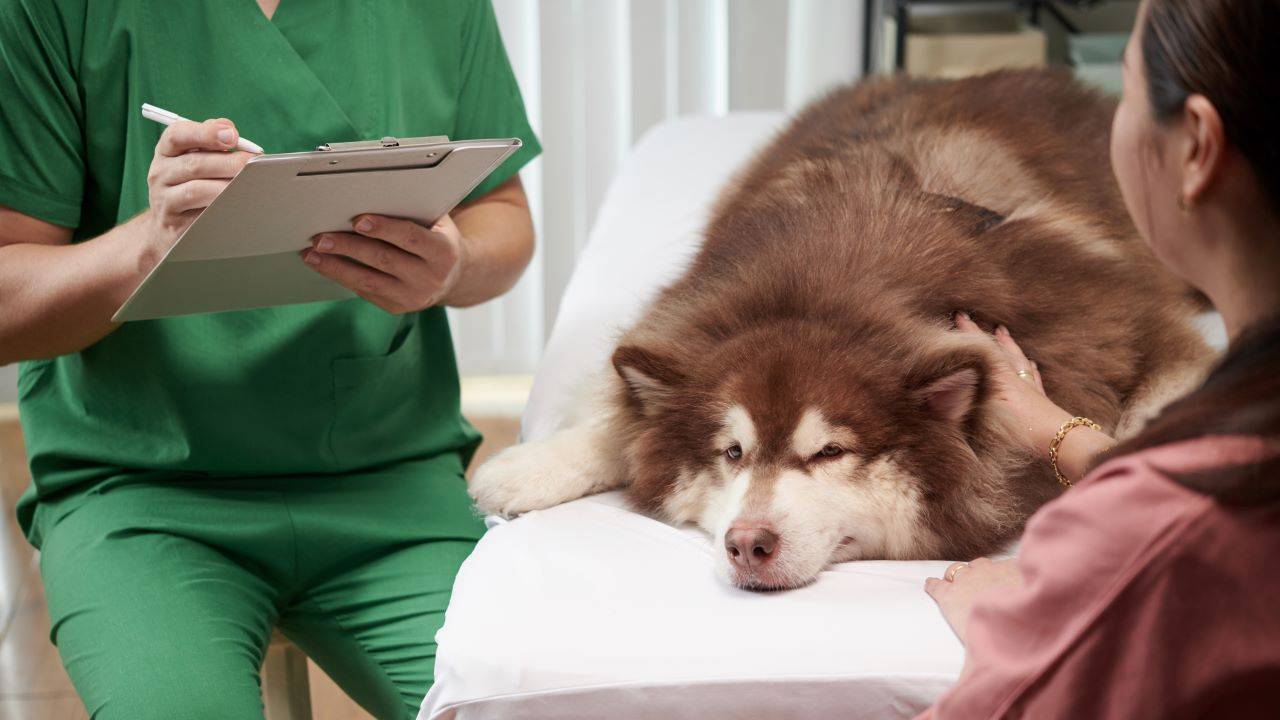Welcoming a new kitten into your home marks the beginning of a special journey. As you embark on this exciting adventure, prioritizing their health sets the foundation for a happy and fulfilling life together. Regular veterinary checkups play a crucial role in safeguarding your kitten’s well-being, allowing for early detection of potential issues and establishing a baseline for their health.
The Initial Kitten Exam: Setting the Foundation
Scheduling your kitten’s first veterinary visit within the initial weeks of bringing them home is essential. This comprehensive exam serves as a critical first step in understanding your kitten’s overall health and development. During this visit, the veterinarian will conduct a thorough physical examination, meticulously assessing their:
- Physical Appearance: This includes evaluating their fur, skin, eyes, ears, and teeth for any abnormalities or signs of illness.
- Weight and Development: Monitoring your kitten’s weight gain and growth patterns is crucial, as these indicators can reveal potential health concerns.
- Activity Level: Observing your kitten’s energy levels and playtime behavior helps the veterinarian assess their overall well-being and identify any potential lethargy or discomfort.
Beyond the physical examination, the veterinarian will also discuss your kitten’s vaccination schedule and deworming needs. This initial visit presents an ideal opportunity to ask any questions you may have regarding your kitten’s care, from nutrition and litter box training to behavioral development. Remember, clear communication with your veterinarian is vital for establishing a trusting relationship and ensuring your kitten receives the most appropriate care.
Essential Kitten Vaccinations: Protecting Your Feline Friend
Kittens require a series of vaccinations to shield them from various potentially life-threatening diseases. The veterinarian will create a personalized vaccination schedule tailored to your kitten’s age, lifestyle, and risk factors. Common vaccinations administered during kittenhood include:
- Feline Distemper: This highly contagious and potentially fatal disease can cause respiratory, gastrointestinal, and neurological signs in kittens.
- Feline Calicivirus: This virus can cause respiratory issues, including sneezing, coughing, and conjunctivitis.
- Feline Rhinotracheitis (Feline Herpesvirus 1): This virus contributes to upper respiratory infections, often causing conjunctivitis, sneezing, and nasal discharge.
- Rabies: This deadly virus can infect all mammals, including humans. Vaccination is crucial for protecting your kitten and public health.
- Feline Leukemia Virus (FeLV): This virus weakens the immune system, making kittens susceptible to various infections. Vaccination is recommended in high-risk environments or for kittens with outdoor access.
It’s important to remember that some vaccines require booster shots at specific intervals to maintain immunity. The veterinarian will provide a detailed schedule and answer any questions you may have regarding the importance and potential side effects of vaccinations.
Addressing Specific Concerns: Early Detection is Key
During your kitten’s checkups, addressing specific concerns with the veterinarian is crucial. Some common topics to discuss include:
Parasite Prevention: Internal parasites like roundworms and hookworms, and external parasites like fleas and ticks, can pose significant health risks to kittens. The veterinarian will recommend appropriate parasite prevention strategies based on your kitten’s lifestyle and risk factors.
Early Detection of Health Concerns: Regular checkups allow for the early identification of potential health issues, such as:
- Respiratory problems: Symptoms like coughing, sneezing, wheezing, or difficulty breathing may indicate various respiratory infections, including feline distemper, feline calicivirus, or feline rhinotracheitis. Early diagnosis and treatment are crucial for optimal outcomes.
- Digestive difficulties: Vomiting, diarrhea, constipation, or change in appetite can signify digestive issues like food intolerance, inflammatory bowel disease, or parasitic infections. Early detection allows for proper dietary adjustments, medication, or further investigations as needed.
- Behavioral changes: Lethargy, hiding, decreased appetite, or litter box issues can be signs of underlying health problems or stress. Early evaluation can help determine the cause and address it accordingly.
- Congenital disabilities: While rare, some kittens might have congenital disabilities impacting organ function, movement, or other aspects of their health. Early detection allows for appropriate management and can significantly improve their quality of life.
Kittens are particularly susceptible to various health concerns due to their developing immune systems and immature bodies. Early detection is crucial for their overall well-being. By establishing a routine of regular checkups, you can ensure timely diagnosis and treatment, significantly increasing your kitten’s chances of a healthy and happy life. Remember, even seemingly minor concerns should be discussed with the veterinarian, as early intervention can make all the difference.
Start Your Kitten’s Journey to Lifelong Health in Estero, Florida
Welcoming a kitten into your life brings immense joy and companionship. As a responsible pet owner in Estero, Florida, ensuring their health and well-being is paramount. Regular veterinary checkups at Easyvet Estero are an essential part of providing your furry friend with the best possible care.
Schedule your kitten’s first appointment at Easyvet Estero today and embark on a journey of lifelong health and happiness with your feline companion. Book an appointment online or learn more about the services we offer.





